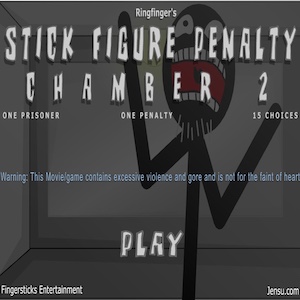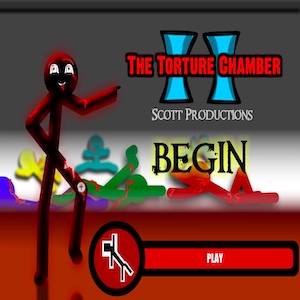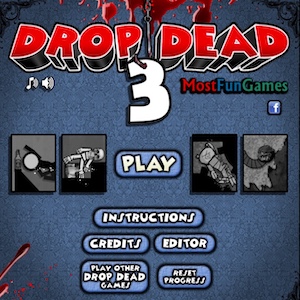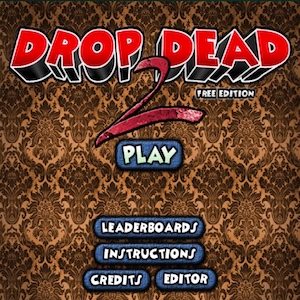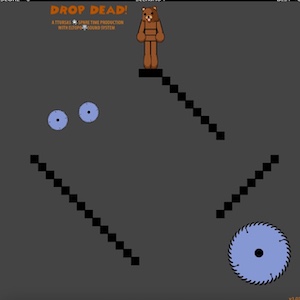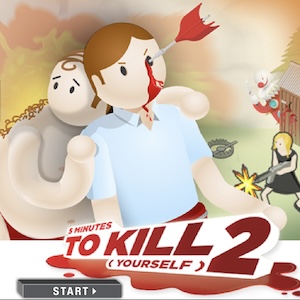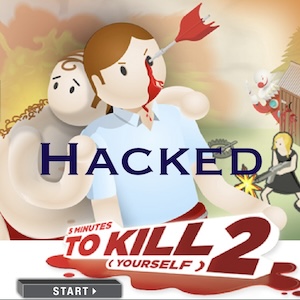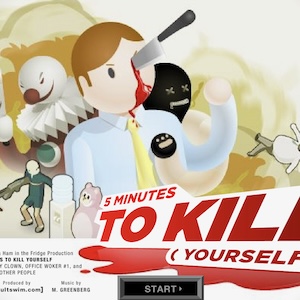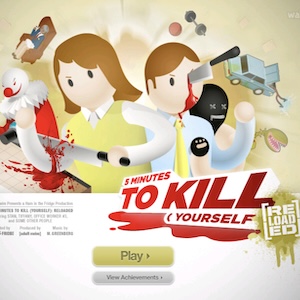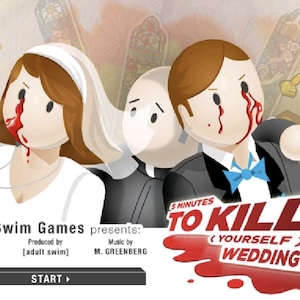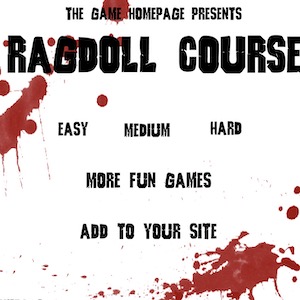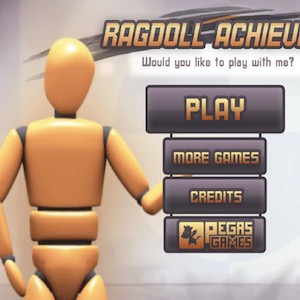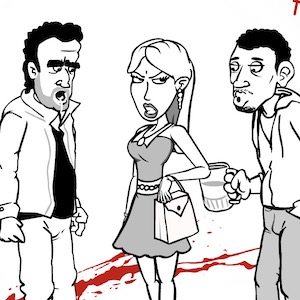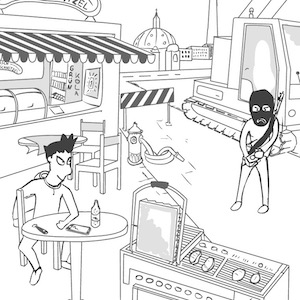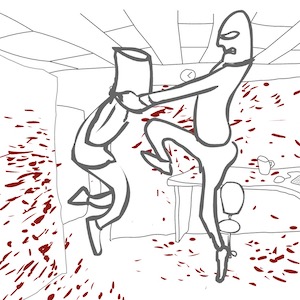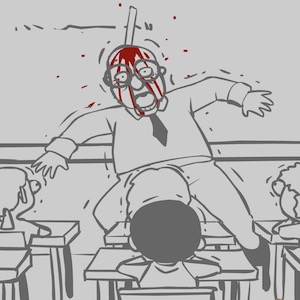Whack it and Torture games
Online gaming encompasses a myriad of genres, each offering its unique appeal and challenges. Among them, a peculiar genre has managed to carve a niche for itself – the ‘whacking games.’ Best known for their dark humor, exaggerated, cartoonish violence, and slapstick comedy, the whacking games have become an unconventional yet entertaining stress-relieving avenue for many gamers. Originating with titles like “Whack Your Boss,” “Whack the Burglars,” and “Whack Your Teacher,” the genre has blossomed into a multitude of scenarios, each with their relatable contexts and unique frustrations to ‘whack’ away at.
The essence of whacking games lies in their capacity to transform relatable and often frustrating real-life scenarios into opportunities for cathartic comic relief. Games such as “Whack Your Boss” or “Whack Your Teacher” touch upon universally experienced frustrations – dealing with a difficult boss or an obnoxious teacher. The exaggerated and often absurd ‘whacking’ options provide players with a certain degree of empowerment, as well as a much-needed cathartic release. Similarly, “Whack the Cheater” exploits the theme of revenge and betrayal, providing a range of outlandish retribution scenarios to the player.
One might wonder about the impact of the violent themes prevalent in these games. However, these games are far from advocating aggression or violence in real life. The violent actions represented in these games are so hyperbolic, over-the-top, and cartoonish that they venture into the realm of humor rather than malice. Take “Whack the Terrorist,” for instance. Despite the potentially sensitive subject matter, the game employs slapstick comedy and absurdism, turning it into a thought-provoking yet engaging game that encourages quick thinking and creativity more than promoting harm.
Interestingly, some games go beyond the realm of humor and violence, subtly weaving in more serious themes. A case in point would be “Whack the Creeps,” where the player, a woman dealing with unsavory men at a bar, defends herself using various items around her. Although laden with dark humor and exaggerated animations, the game delivers a potent message about personal boundaries and standing up for oneself.
A significant factor contributing to the appeal of whacking games is their simplicity and accessibility. They employ straightforward mechanics and easy-to-understand objectives, inviting players of all skill levels to partake in their chaotic humor. Games like “Happy Room” and “My Dear Boss” are not only simple to grasp but also surprisingly addictive. The thrill of exploring unique and humorous outcomes keeps players hooked, making them revisit the games repeatedly.
The graphic violence and dark humor characteristic of whacking games might not sit well with everyone, but there’s no denying their popularity. They offer a unique blend of stress-relief, empowerment, and entertainment. They strike a chord with players seeking a sense of retribution in a harmless, virtual space. The satisfaction derived from seeing a cartoonish boss character flying across the screen post a mighty kick, or the thrill of discovering new, outrageous ways to defend one’s home from virtual burglars, adds a distinct flavor of chaotic, humorous fun to these games.
In conclusion, whacking games have etched their mark in the gaming industry by providing a safe, virtual platform for players to express frustration and enjoy the cathartic release that comes with humorous, exaggerated retribution. Despite their cartoonish violence and seemingly grim scenarios, they embody a sense of empowerment, humor, and most importantly, fun, which makes them a favorite among many. After all, gaming is all about exploring different scenarios, experiencing varying emotions, and, most importantly, having a good time, and whacking games offer all of these in abundance.
